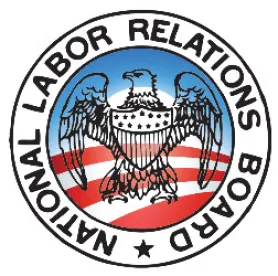When considering the potential bill of sale on arbitration, employers that once considered arbitration may sing a different tune. In Part 1 of our 3-part series on mandatory arbitration, we pointed out that, contrary to legal lore, arbitration often proves just as inefficient as litigation against a principle-driven plaintiff in court without the promised cost and time savings. In addition, the defense bar did not anticipate the cost of defending a class action waiver (seen as a key benefit to mandatory arbitration) before the NLRB.
NLRB and the Courts In Discord On Class Action Waivers
The NLRB’s attack on class action waivers continued throughout 2015. In December alone, the NLRB issued well over a dozen decisions striking down class action waivers in arbitration clauses. However, these decisions are in stark contrast to the federal circuit court decisions upholding them. For instance, the Fifth Circuit has found arbitration agreements that both prohibit class actions and require individual employment claims to be resolved through arbitration are not unfair labor practices. D.R. Horton, Inc. v. N.L.R.B., 737 F.3d 344, 362 (5th Cir. 2013); Murphy Oil USA, Inc. v. N.L.R.B., No. 14-60800 (5th Cir. 2015).
The Down Beat On Arbitration: Employers Pick Up The Tab
So for now, employers are stuck with a shell game of uncertainty when it comes to class action waivers. Are they lawful? The NLRB says no. The courts say yes. Unless and until the Supreme Court weighs in, or the NLRB decides to move away from its current posture (which is highly unlikely), employers are faced with a dilemma – risk trouble with the NLRB by continuing to require the waivers, or walk away and assume the risk of the considerable cost of class actions? In calculating the price tag, consider the line items on the bill of sale: hearings before an ALJ, post hearing briefs, an appeal to the NLRB in D.C., and the inevitable appeal to the federal appellate court when the class action waiver is found unlawful by the NLRB. (And don’t forget to add the tip — the cost of dismissing any class action complaints in federal court and proceeding to individual arbitrations). For employers lucky enough to be in the Fifth Circuit, the writing is on the wall and a win is likely. For employers in other circuits, success is less predictable.
As an additional blow to employers’ pocketbooks, the NLRB could penalize employers that attempt to enforce their arbitration agreements. As a remedy for an unfair labor practice, the NLRB orders employers to reimburse employees for their legal fees expended in defending motions to dismiss or compel arbitration in court cases – even though the employer was just enforcing a lawful arbitration provision.
It looks like songwriters have had it right for years: contemplating the path of mandatory arbitration has now run the gamut of “Money Money” to “Mo’ Money, Mo’ Problems.”


 />i
/>i

